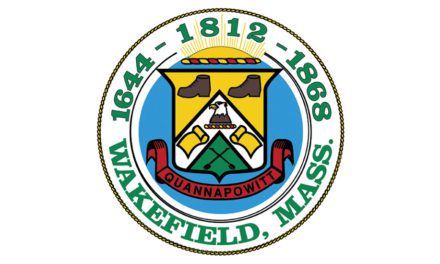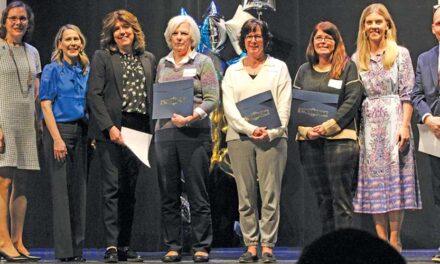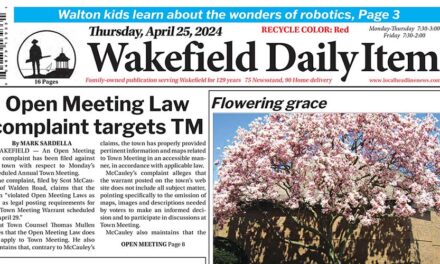Published in the April 15, 2021 edition.
By MARK SARDELLA
WAKEFIELD — Wakefield’s legislative delegation visited the Town Council Monday night to provide some updates on recent developments on Beacon Hill. State Sen. Jason Lewis, Rep. Donald Wong and Rep. Kate Lipper-Grabedian appeared at the meeting via Zoom.
Lewis led off and did most of the talking for the delegation. He began with a COVID-19 vaccination update. He said that 26 percent of Massachusetts residents have been fully vaccinated and half of all adults in the state have gotten at least their first shot. He noted that as of Monday, anyone age 16 and older will be eligible for the vaccination.
He also talked about a $600 million economic development and housing bill that will provide grants to small businesses and to arts and cultural organizations.
In addition, he discussed a transportation bond bill that he said will provide $16 billion for road work, bridge work and Chapter 90 funding to communities across the state.
Lewis also touted a recently passed climate bill that he claimed had major potential to make Massachusetts a leader in offshore wind energy. The climate bill will also affect municipal power companies like Wakefield’s WMGLD by subjecting them to clean energy requirements for the first time.
He talked about another bill that extended mail-in voting and said that he and others in the legislature are pushing to make mail-in voting permanent.
Lewis said that he was more optimistic now about the FY 2022 state budget than he was earlier, noting that state revenues have held up better than expected. The state also received several billion dollars in federal COVID relief dollars, he said.
As a result, the House and Senate have announced a local aid resolution that will give cities and towns more certainty about the aid that they can expect next fiscal year, Lewis explained.
Wakefield is in line ro receive about $3.7 million in unrestricted local aid, he said, which is an increase of about $125,000 (3.5 percent) over the current year.
The town can also expect about $6.8 million in Chapter 70 funds in FY 2022, Lewis noted, an increase of about $102,000.
He also talked about new legislation to create an “enrollment reserve account” to help schools that suffered enrollment declines during the pandemic to handle increases in enrollment when schools re-open full-time in the fall.
Lewis also referenced about $1.5 million in funds going to Wakefield schools via three rounds of federal grants.
In addition, the town is expected to get about $7 million in American Rescue Plan funds.
Lewis mentioned the fact that the legislature increased funding to the Massachusetts School Building Authority by about $200 million per year. He said that the increase was one reason that Wakefield High School has been accepted into the MSBA funding program.
He noted that 79 Wakefield businesses have received state small business grants totaling $4 million to help get them through the pandemic.
Rep. Donald Wong wanted to remind Wakefield businesses that even if they already filed their state taxes, the legislature has decided not to tax federal Paycheck Protection loans. Businesses that have already paid can file for a rebate, Wong said.
Rep. Lipper-Garabedian talked about the “draconian” MBTA service cuts that were proposed when commuter ridership cratered during the pandemic. However, she noted that many of those cuts were not accepted in the final proposal and the 136 and 137 bus lines through Wakefield continue to run. She said that the MBTA has said that it will bring all service back to pre-pandemic levels as soon as possible.
Town Councilor Paul DiNocco insisted that he wanted a commitment from the delegation to finally do something about the flooding around the Saugus and Mill rivers.
Councilor Edward Dombroski talked about collaboration among federal, state and local government. He noted that Wakefield has proven to be good stewards of grants and other funding.
“Any resources that can be directed our way will be well spent and executed on,” he said.




